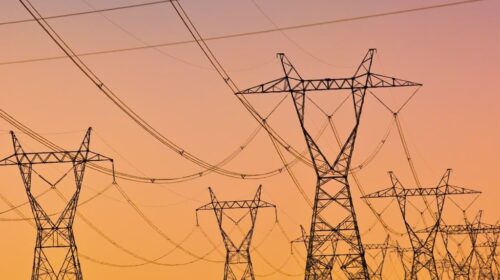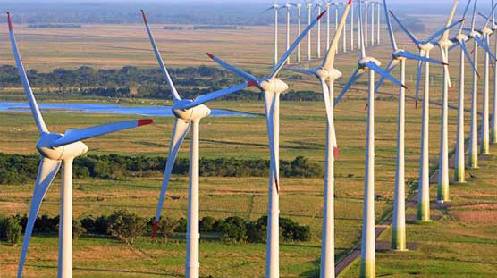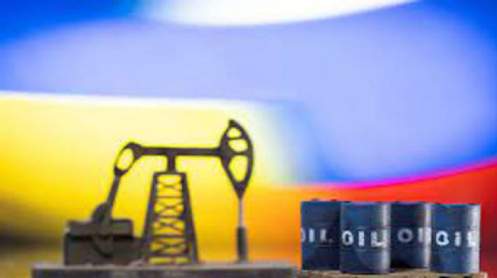Pakistan has assured the International Monetary Fund (IMF) that it will “strive” to reduce capacity payments to the China-Pakistan Economic Corridor (CPEC) power projects either by renegotiating deals or having loans rescheduled — a big concession that might prove to become costly.
Written assurance has been given in the Memorandum for Economic and Financial Policies (MEFP), which the IMF released on Friday as part of its combined staff level report of the 7th and 8th reviews of the Extended Fund Facility (EFF) programme.
“We are striving to reduce capacity payments, as we pay the arrears, either by renegotiating the PPAs [Power Purchase Agreements] or by lengthening the duration of bank loans,” wrote Finance Minister Miftah Ismail to the IMF in connection with the CPEC power projects.
Having opposed CPEC projects earlier, the new IMF report maintained that the second-phase of the CPEC investment could “pose a risk to debt sustainability” in Pakistan.
“In early 2022, new investments through the [CPEC], originally established in 2013, were announced. Although infrastructure in these second-phase investments could raise growth prospects, attendant contingent liabilities also pose a risk to debt sustainability,” read the report.
Contrary to the IMF’s argument, CPEC’s second-phase is crucial for Pakistan’s economic development and external repayments are made via enough export.
Commenting on the CPEC energy deals, Pakistan told the IMF that reimbursing high fuel prices resulted in the country falling behind in making payments for capacity charges owed to power producers.
According to sources, Pakistan owes over Rs260 billion to Chinese Independent Power Producers (IPPs) and that the IMF had linked this repayment with the condition to renegotiate CPEC deals.
Pakistan informed the IMF that it had settled Rs50 billion in arrears to the IPPs covered by the CPEC arrangement in March this year to address acute cash-flow shortages.
The move will also ensure coal-based electricity generation to supplement seasonal shortages in hydel power production and supply-constrained shortages in gas-based power production.
When The Express Tribune reported in June that the IMF was demanding reopening of the CPEC deals, the global lender had denied it through a handout issued from Washington.
Its own report now confirms that Pakistan was facing pressure and would now “strive” to renegotiate the CPEC deals.
With CPEC being a flagship project initiated by the Chinese government, reopening these deals will not sit well with Beijing.
So far, 11 Chinese IPPs, set up with an investment of $10.2 billion, are operational, having a total generation capacity of 5,320 MW.
An official, working in a Chinese power company, contended that the root cause of the circular debt in the power sector was emanating from around Rs500 billion annual transmission and distribution losses, not the CPEC IPPs deals.
He argued that the IMF’s emphasis on the CPEC energy deals shifted the focus to the power generation, while the problem was on the transmission and distribution side.
The Chinese energy expert maintained that the financial impact of negotiation and debt restructuring could be Rs10 billion – Rs 50 billion annually. He added that even to achieve this all involved international parties would have to change their guarantee or investment body, with limited effect in rupee terms.
He added that the IMF report neglected the loss sustained by power distribution companies (DISCOs). This, he added, was on account of transmission and distribution, whose financial impact was annually Rs500 billion.
Deeming the DISCOs issues as ‘important and urgent’ he said they accounted for 95% of circular debt issues, adding that the IMF report had also neglected the distribution companies’ non-collection issue that had already amassed to Rs1.5 trillion. This Rs1.5 trillion was the receivable due to DISCOs.
“If only 3% of DISCO issues [power theft, line loss, and non-collection] can be improved, it will save Rs50 billion per year, so focus need to be on the watermelon, not peanuts,” he insisted.
He said those IPPs, which had signed memorandum of understanding for tariff deduction, saved only Rs9 billion per year. Maintaining that the price of CPEC IPPs was lower than the older ones and end-consumer electricity price.
“The CPEC IPPs, with its lower electricity price and leading generation efficiency, did not increase the circular debt at all, but reduced the electricity cost in Pakistan instead,” the Chinese official claimed.





